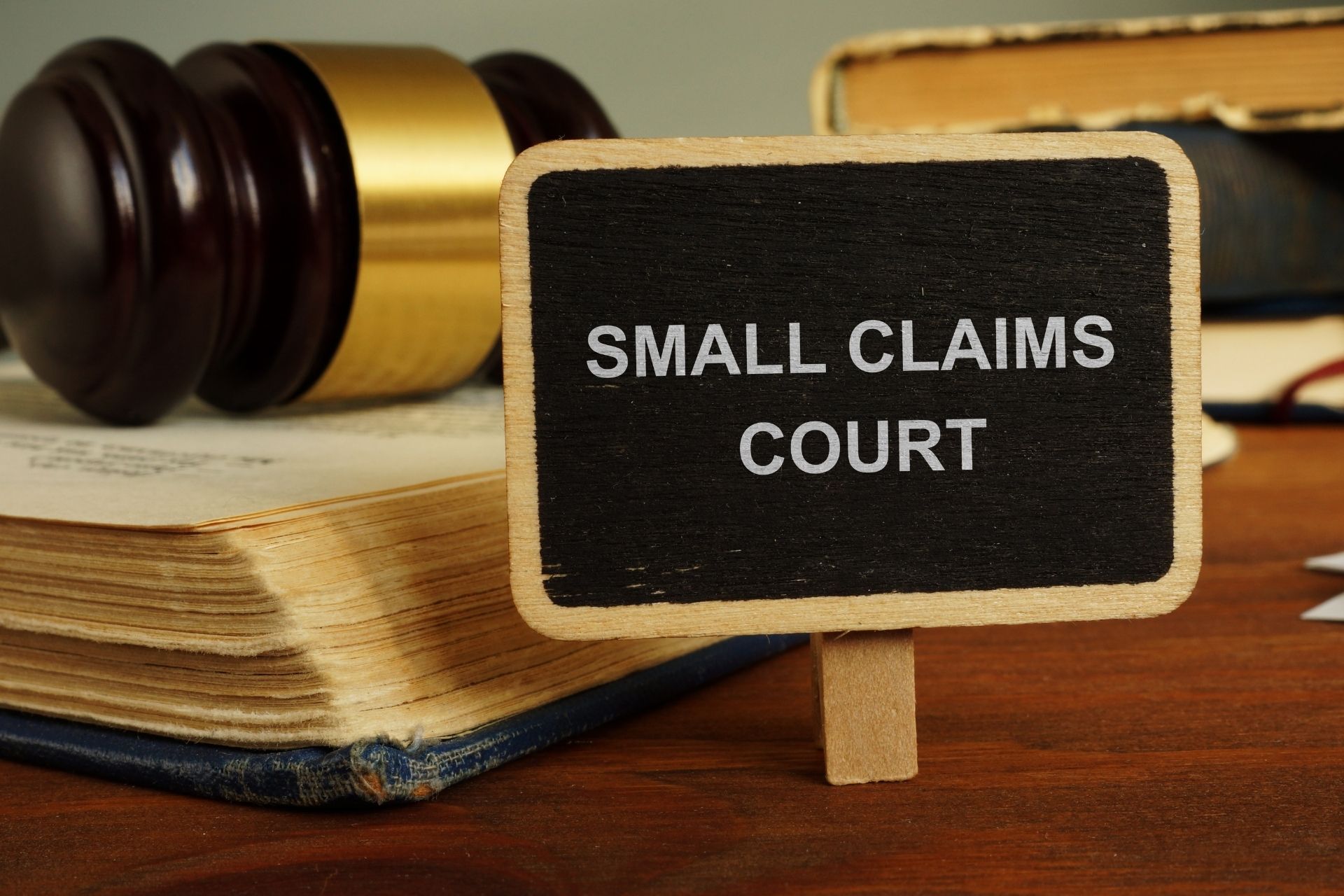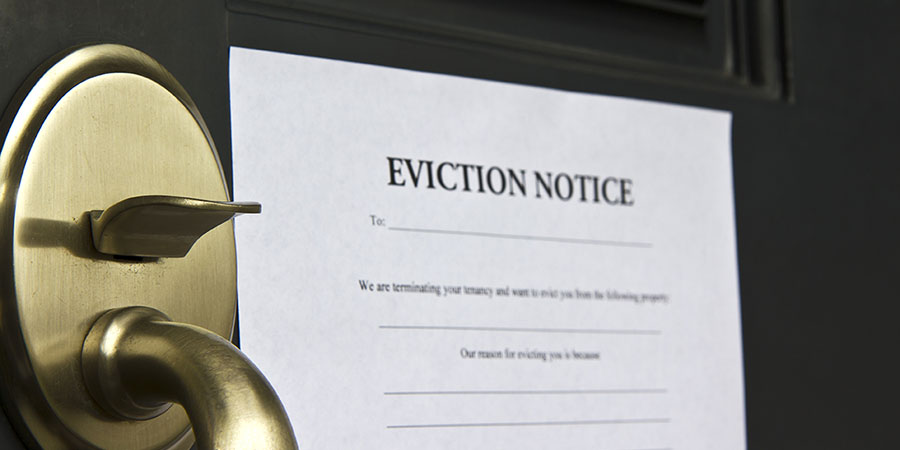ONE OF THE POSTS
Blog posts
Most Common Disputes Between Tenants and Landlords

The two most common disputes between landlords and tenants in residential real estate are non-payment of rent and holdovers.
Non-payment of rent is straightforward. When there is an agreement between a landlord and tenant for the payment of rent, the landlord expects the tenant to pay their rent on the schedule stated in the lease agreement, usually monthly.
A Holdover is when a lease or other occupancy has expired, and the tenant will not voluntarily vacate the premises, or the tenant is paying month-to-month without an existing lease agreement in place.
In either of these cases, the landlord may initiate processes that could lead to an eviction. We discuss the process of an eviction in our blog here.
Do Not Get Too Far Behind in Collecting Rent Before Initiating Proceedings
In many cases, landlords will initiate eviction proceedings to scare the tenant into paying their rent. The tenant will come up with the rent, or part of the rent and the landlord will drop the case. In many cases, a landlord will give the tenant extra time or take partial payment. After several months, they realize that the tenant is not catching up, but instead losing more ground every month.
By the time a landlord will again initiate eviction proceedings, the tenant is now many months behind in rent and no resolution in sight.
Landlords, especially in Nassau County, NY, must be careful about allowing tenants to get months behind in rent. It is difficult to recoup large amounts of rental arrears, unless the landlord and tenant are both willing to maintain the landlord tenant relationship.
If you fall behind on collecting the rent, you can fall behind on paying your bills. A lease is a legal contract and should be enforced as such. As a landlords you should treat your properties as a business and the relationship with their tenants as a business relationship.
Holdovers are a very common problem
As we mentioned, a holdover is when a lease or other term of occupancy has expired, and the tenant does not vacate the property, or they are paying rent month-to-month without a lease.
If a landlord accepts payment on a month-to-month basis, they effectively agree to allow the tenant to stay for each consequetive month the tenant pays.
If a lease has expired and a tenant pay month-to-month, they may feel that they have the same rights as they did under the lease agreement. They do not have the same rights. Landlords can order tenants who pay month-to-month to vacate the premises for any reason with either 30/60/90 days notice depending on the length of the tenants occupancy.
The same risk holds for landlords. Without a lease, a tenant may decide to leave with very little notice, leaving the landlord scrambling to fill the vacancy.
Due to the lack of legal protection and either party able to act with little notice, an amicable landlord-tenant relationship can sour. The tenant may then stop paying rent, causing the landlord to initiate special eviction procedures related to a Holdover. A bad relationship between a landlord and tenant can also be risky for the landlord as the tenant, or Holdover can maliciously damage property before leaving the premises.
As a landlord, there are specific procedures to follow to evict a tenant. Do not attempt to file papers on your own. The procedures are different depending on the status of the person living in your property. You could file documents, and just be wasting your time.
Call the Law Office of Matthew K. Tannenbaum
Depending on whether your issue is a non-payment, a Holdover, or a squatter or a licensee, call our office so we can get the correct order filed promptly.
For more information on Common Real Estate Disputes, a free initial consultation is your next best step. Get the information and legal answers you’re seeking by calling (516) 683-1234 today.





